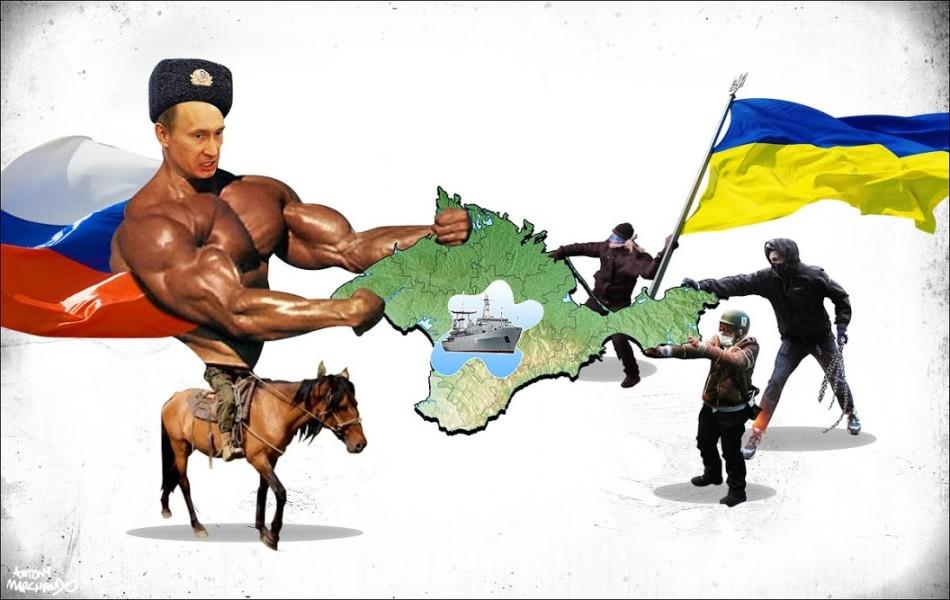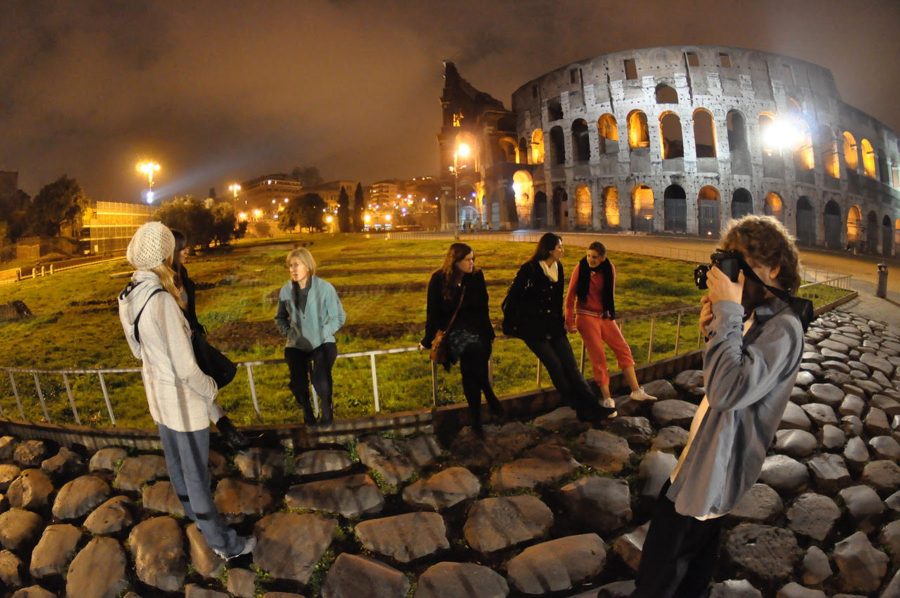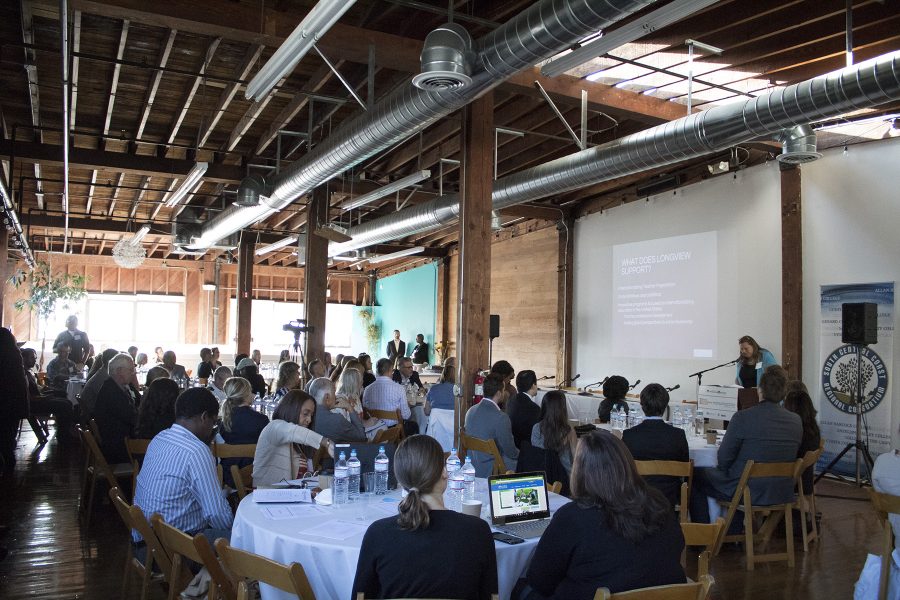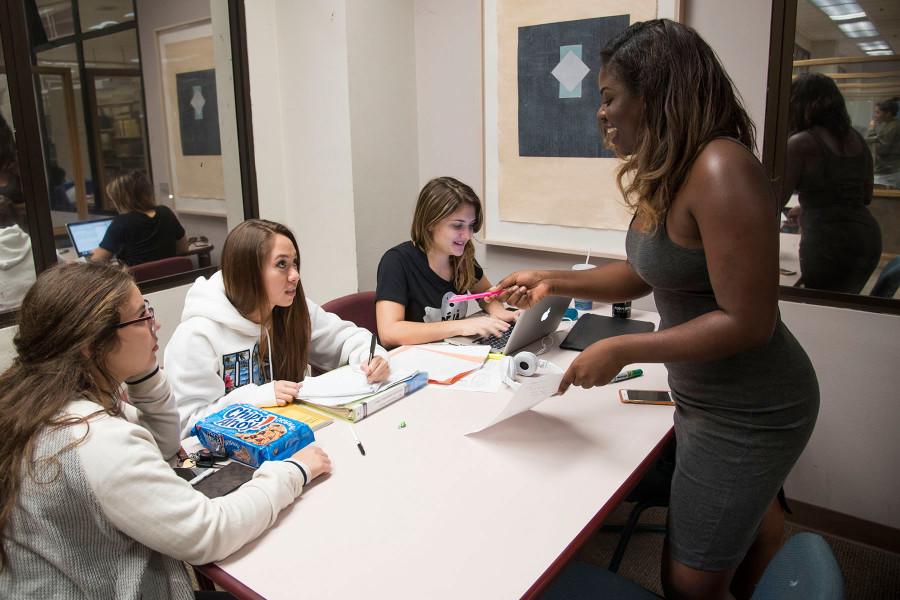The world is watching, engrossed by the face of a ticking political clock as if it is about to detonate. Reporters prematurely lament the loss of Ukraine, dubbing that current altercations in the former Soviet Union are precursors for another Cold War.
The conflict, as it is portrayed by media outlets, is a snapshot in time, a clock displaying the exact hour and minute without providing enough background information to put the diplomatic tug-of-war-into perspective.
Before reading another column titled, “The Next Cold War,” or “World War Three,” consider that media thrives on fear.
Though the world powers may be beating their chests at Ukraine including threats of military intervention, it is likely that the conflict will be resolved through diplomacy.
In order to understand this particular moment, we need to expose the cogs on a grander scale by analyzing the political and historical context of the current conflict.
When the facts are laid out, it’s difficult to see the fiasco as anything but predictable.
The current turmoil stems from years of division amongst Russia, Ukraine and the surrounding North Atlantic Treaty Organization (NATO) countries. Though Russian President Vladimir Putin has been cast as warmonger, his moves seem self-preserving rather than imperialistic.
Sure, unofficially invading Crimea and harboring the ousted Ukrainian President, Viktor Yanukovytch is pretty sketchy, but a long history directly influenced those moves.
Mother Russia just wants a little breathing room. No one likes to be surrounded by enemies or uh—allies to the enemy. If Ukraine joins the European Union (EU), it effectively becomes a NATO sympathizer, driving the political powerhouse directly to Russia’s front door.
When the USSR fell, Ukraine resolved to surrender its nuclear weapons in exchange for independence.
The Budapest Memorandum, co-signed by Russia, Ukraine, Britain and the U.S., guaranteed the signatories would “respect the independence and sovereignty and the existing borders of Ukraine … [and] refrain from the threat or use of force against the territorial integrity or political independence of Ukraine.”
Crimea remained a part of Ukraine after it gained independence. A fast-approaching Crimean vote will determine whether residents wish to join Russia and secede from Ukraine —which isn’t as unlikely as it may seem. Crimean citizens are predominantly ethnically Russian, and only have access to Russian media, which has been laden with propaganda against the Ukrainian government since the 1990’s.
However, the conquest of Crimea does not necessarily imply the militaristic pursuit of Ukraine.
Crimea matters to Russia because their Black Sea Fleet is located in the Crimean port, Sevastopol. Russia currently leases this navy base. It is also the country’s only access to the Mediterranean Sea and furthermore, Atlantic Ocean, during the winter.
An article published in Time Magazine summarizes the predicament.
“If Ukraine’s revolutionary government moves ahead with their planned integration into the EU and possibly NATO, the military alliance that Russia sees as its main strategic threat would move right up to Russia’s western borders and, in Crimea, it would surround the Russian Black Sea fleet. That is a major red line for Putin and his generals,” said writer Simon Shuster.
Though he may fear the loss of a prominent naval base and the symbiotic trade relationship Russia currently shares with Ukraine, that doesn’t intrinsically mean Putin seeks to reinstate the USSR or any other ridiculous claims circulating popular news outlets.
Alarmist articles ceaselessly bring up the Russian invasion of Georgia as evidence of Putin’s alleged plan to re-establish the Soviet Union and take over the world. Which, spoiler alert, is not going to happen.
However, the Russia-Georgia War of 2008 foreshadows the Kremlin’s actions today better than any speculative journalists can.
After Georgia elected a pro-Western government, Russia intervened militarily—purportedly to protect the ethnic Russian populations within the Georgian provinces of South Ossetia and Abkhazia.
If anything, Georgia proved that while U.S. and NATO policy has strategically been tightening the noose around the Russian heartland, limited action by Putin to control Russia’s perimeter will continue to be the response.
The story is multi-faceted. We haven’t even gotten a chance to touch on the nationalistic and pretty much fascist groups currently running things in Ukraine while the ousted President nuzzles up to Putin’s teat.
However, this piece is meant to emphasize that context is just important as content, and grown men can still talk things out, even with nukes winking at them from under the table.












